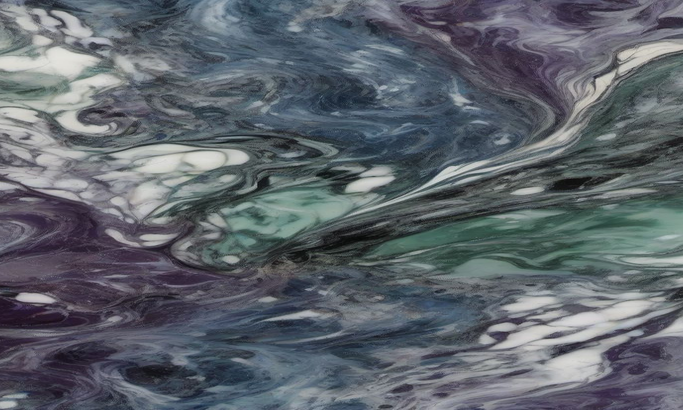Part 3 – Routes of Exchange and Consequences of Connectivity
History is sometimes defined as the study of continuity and change over time. To grasp complex historical narratives, we need to understand how things change—and how they remain the same—across the centuries. Connections between different human societies have often been one of the biggest drivers of change. This lesson shifts the focus from the communities frame to the networks frame. During this period, long-distance trade routes extended across all the regions we’ve covered so far, carrying new ideas, people, and things to new places. Understanding what changed because of these networks—and what stayed the same despite them—will help you make claims about why networks expanded (and contracted) during this era.
Learning Objectives
- Learn about regional networks of exchange and how these networks impacted communities in Afro-Eurasia.
- Learn about the historical thinking practice of continuity and change over time.
- Use the historical reasoning skill of claim testing to learn how to assess a source’s authority and develop claims about networks.
Coursework *due by September 12 at 9am:
Exercise: Making Claims – Expanding Networks
Watch and answer questions on Blackboard: Disease! Crash Course World History (11 minutes and 36 seconds)
Key Ideas – Understanding Content
2:43 How did migration and population density contribute to the historical rise and fall of disease rates?
3:38 Why might hunters and gatherers have had fewer diseases than farmers or pastoralists?
4:40 What made ancient Greece more susceptible to disease?
8:34 What are some world historical effects of plague?
9:10 Did the Black Death or the Great Dying have more fatalities? Why did one have much higher mortality rates?
9:36 How did population density and disease contribute to European colonization in the Americas?
10:33 Why do we have relatively lower disease rates now? Why are disease rates in danger of rising again?
Evaluating and Corroborating
According to the author of the video, humans are not the only agents of history, meaning they’re not the only species to cause change. What other sources or facts that you have studied support, extend, or challenge the author’s argument?
